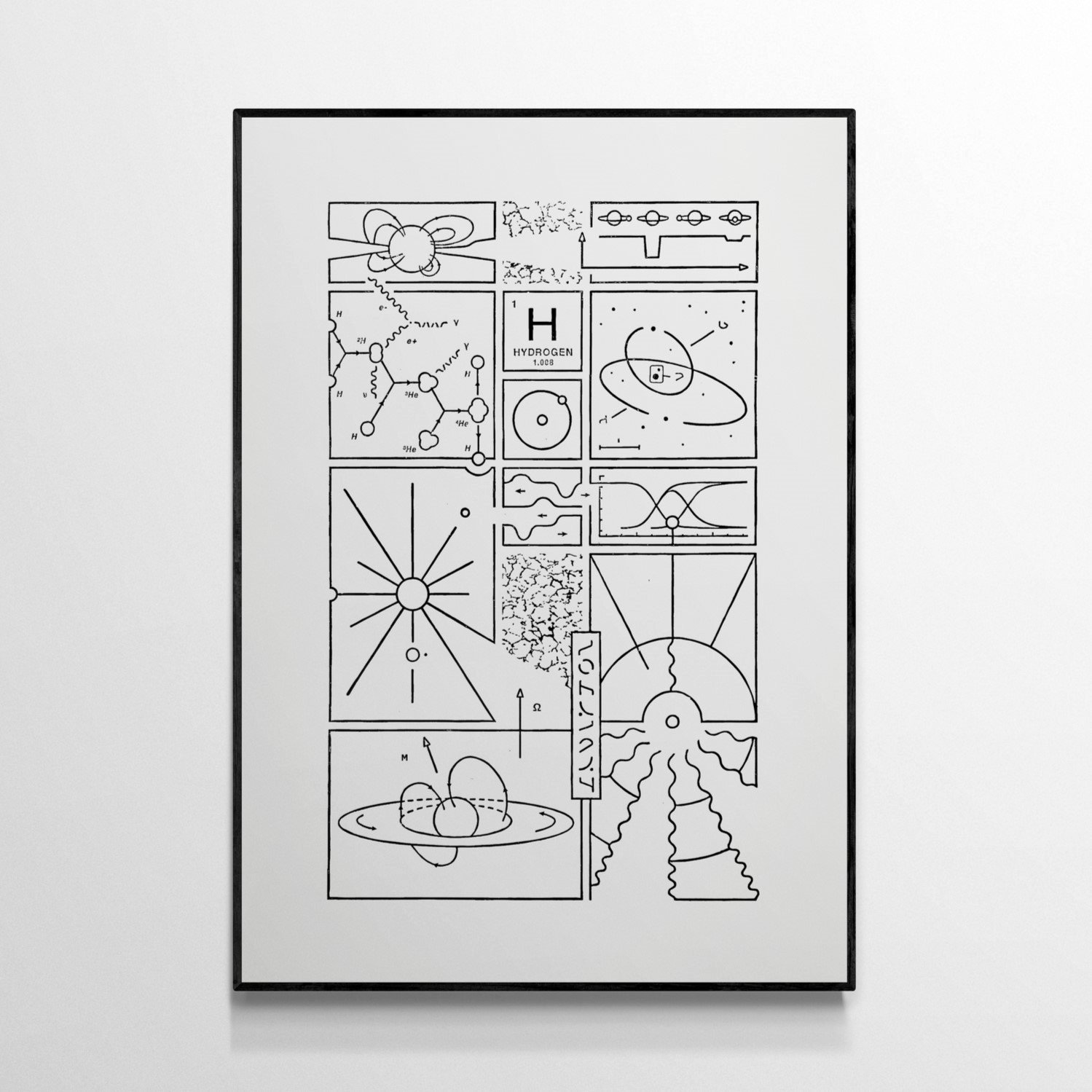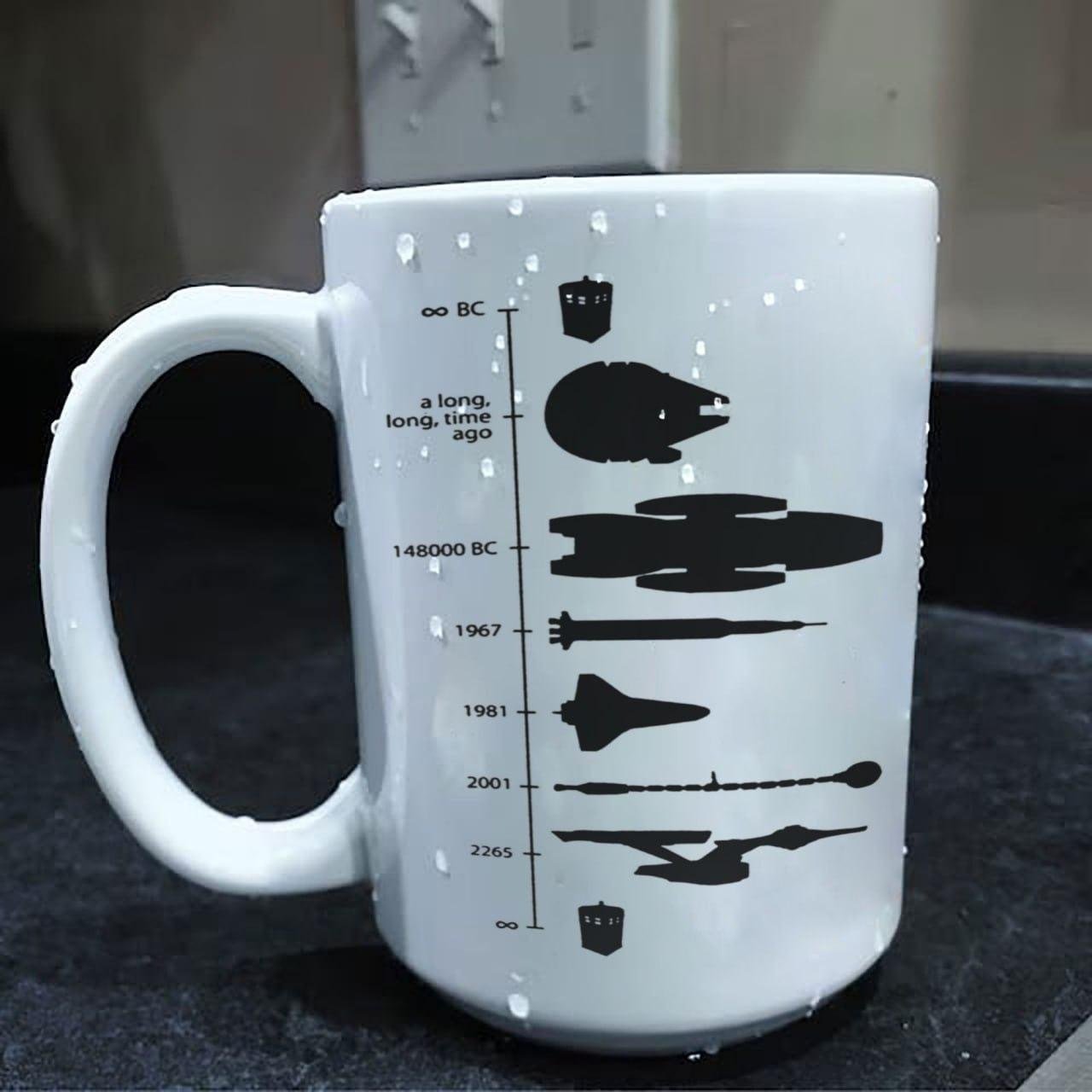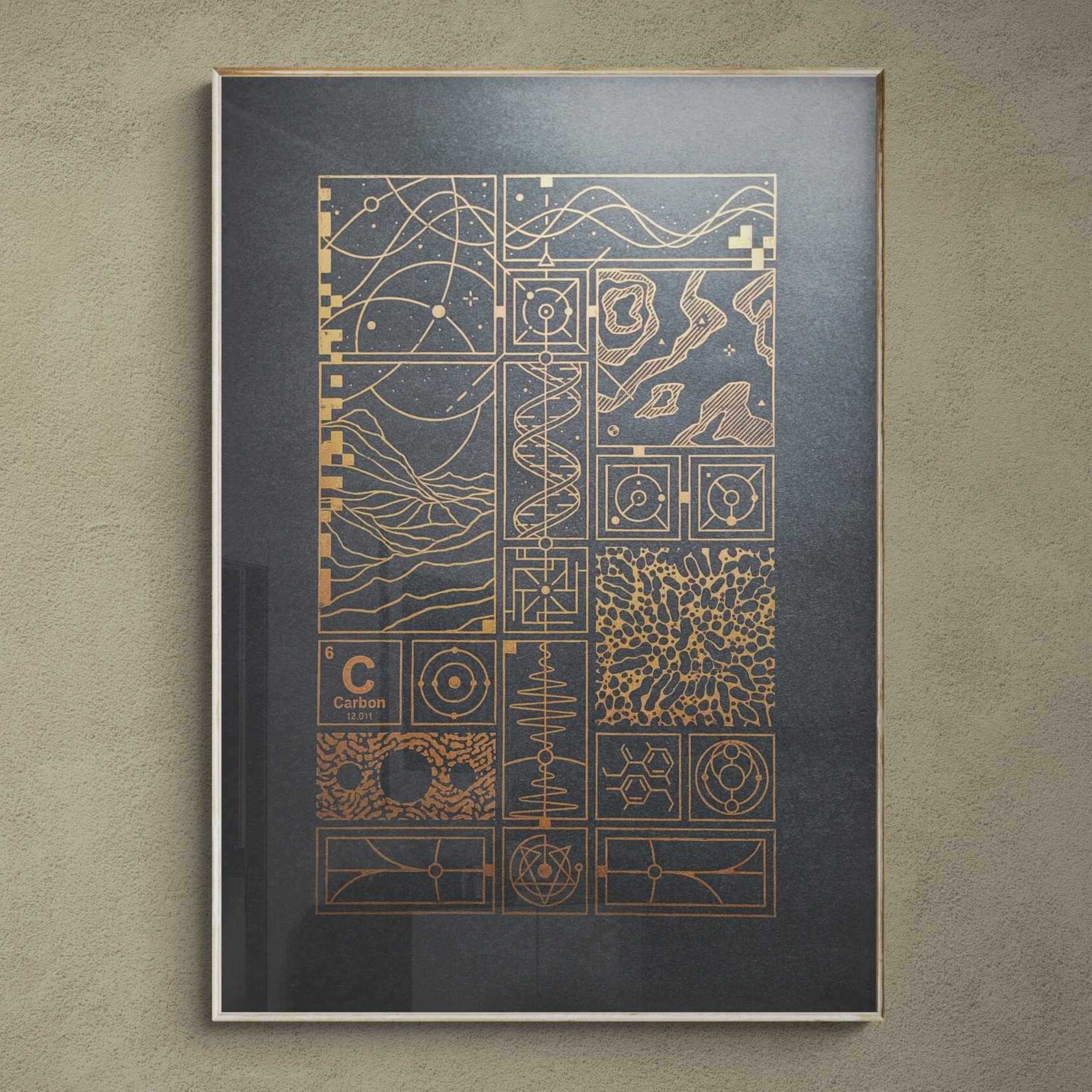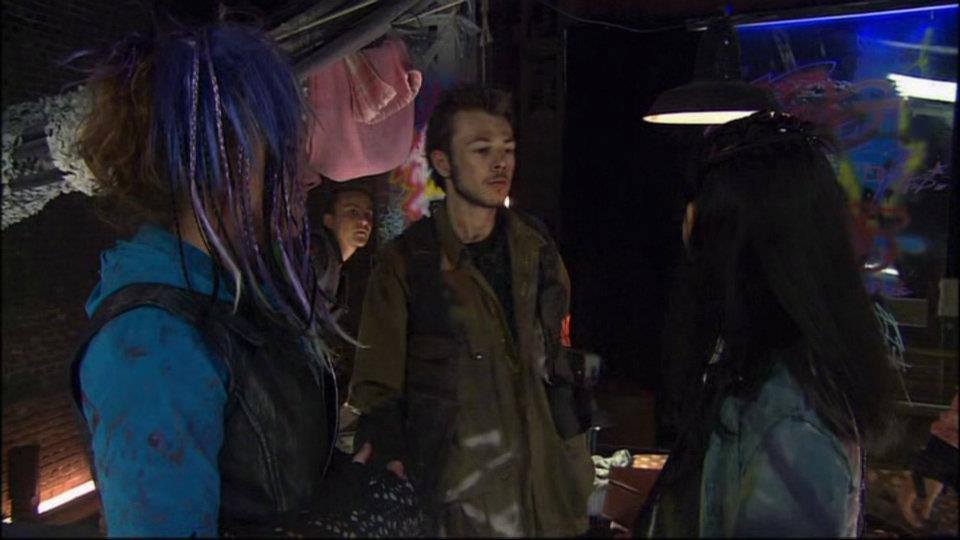Science Fiction
13557 readers
92 users here now
Welcome to /c/ScienceFiction
December book club canceled. Short stories instead!
We are a community for discussing all things Science Fiction. We want this to be a place for members to discuss and share everything they love about Science Fiction, whether that be books, movies, TV shows and more. Please feel free to take part and help our community grow.
- Be civil: disagreements happen, but that doesn’t provide the right to personally insult others.
- Posts or comments that are homophobic, transphobic, racist, sexist, ableist, or advocating violence will be removed.
- Spam, self promotion, trolling, and bots are not allowed
- Put (Spoilers) in the title of your post if you anticipate spoilers.
- Please use spoiler tags whenever commenting a spoiler in a non-spoiler thread.
founded 1 year ago
MODERATORS
1
2
3
4
5
6
105
James S.A. Corey explains how The Captive's War is different from The Expanse
(winteriscoming.net)
7
8
9
10
11
12
13
28
Mutant Reviewers article: 'In Search of Tomorrow - The ultimate ’80s scifi documentary'
(mutantreviewersmovies.com)
14
15
16
17
18
19
20
21
22
23
24
25
view more: next ›




